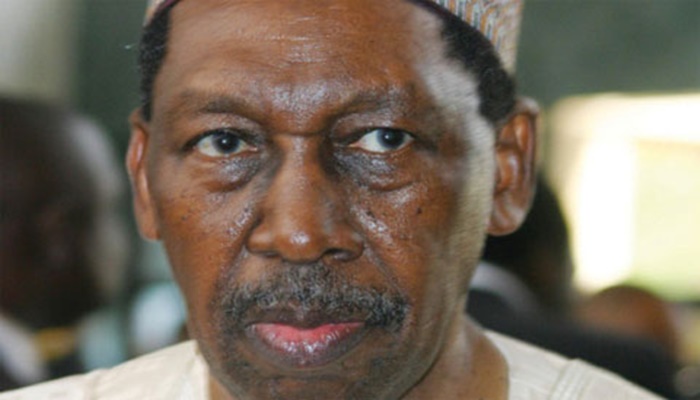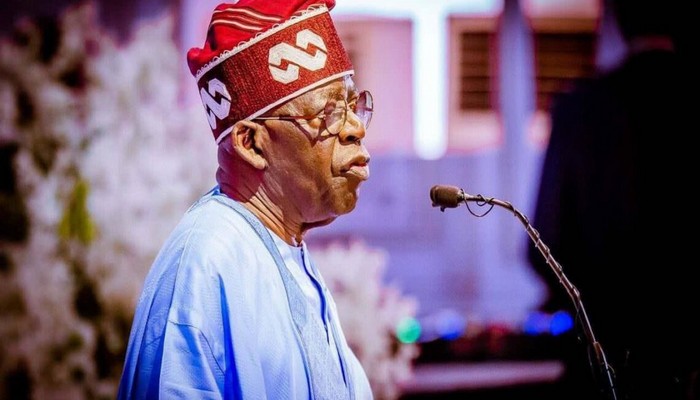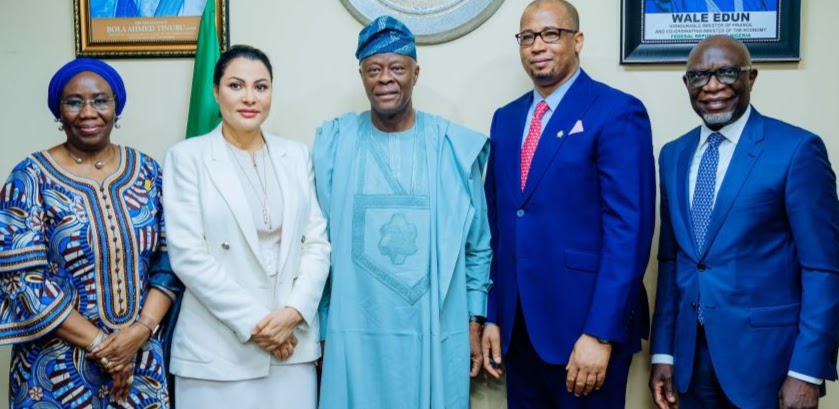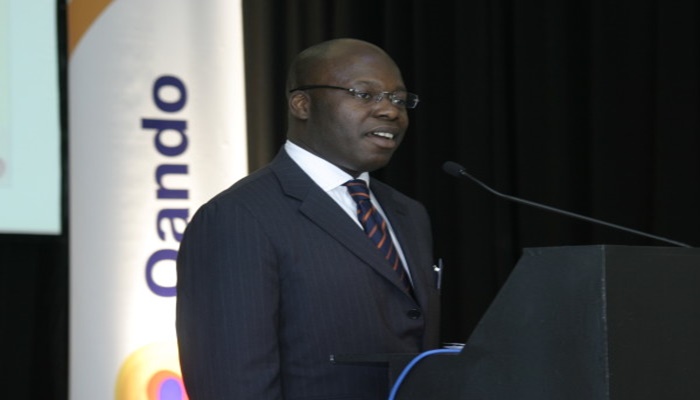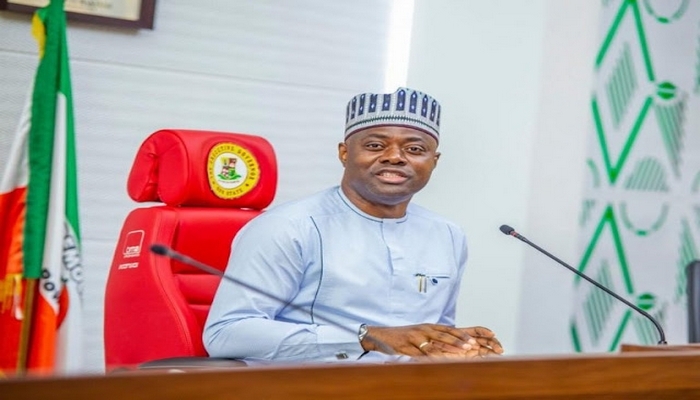Nigerian Domestic and Foreign Debt Report for second quarter for 2021 to second quarter 2022 released in Abuja on Wednesday, November 9, 2022, indicates that Nigeria’s public debt stock has increased from N35.46 trillion (86.57 billion dollars) in the second quarter of 2021 to N42.84 trillion (103.31 billion dollars) in the corresponding period of 2002, the National Bureau of Statistics (NBS) has reported.
The NBS stated that external debt stood at N13.71 trillion (33.46 billion dollars) in the second quarter of 2021 and increased to N16.61 trillion (40.06 billion dollars) in the second quarter of 2022.
It further stated that domestic debt was N21.75 trillion (53.10 billion dollars) in the second quarter of 2021, but increased to N26.23 trillion (63.24 billion dollars) in the second quarter of 2022.
“This shows that public debt (in national currency) grew by 20.81 per cent in the second quarter of 2022 from the figure recorded in the second quarter of 2021,’’ it added.
In a breakdown by states, the bureau stated that Lagos State recorded the highest domestic debt of N797.30 billion in the second quarter of 2022.
It was followed by Delta at N378.87 billion and Ogun at N241.78 billion.
Jigawa recorded the lowest debt at N45.13 billion, followed by Ebonyi and Kebbi at N59.11 billion and N60.41 billion, respectively.
It added that Lagos State also recorded the highest external debt stock of 1.27 billion dollars in the second quarter of 2022, followed by Kaduna State at 586.77 million dollars and Edo at 268.31 million dollars.
“The lowest external debt stock was recorded in Borno at 18.69 million dollars, followed by Taraba and Yobe at 22.28 million dollars and 23.09 million dollars, respectively,’’ the report stated.
Don’t blame NNPC for smuggling of petroleum— Mele Kyari
The Group Managing Director of NNPC Limited, Mr. Mele Kyari has blamed petroleum subsidy for the high rate of smuggling of the products across the border.
Kyari, while speaking at a summit organized by the House of Representatives Committee on Anti-Corruption, said as long as there is subsidy, smuggling and round-tripping will persist.






